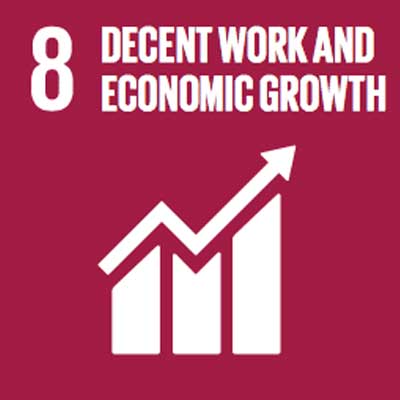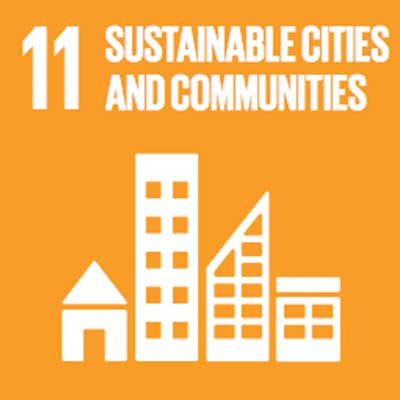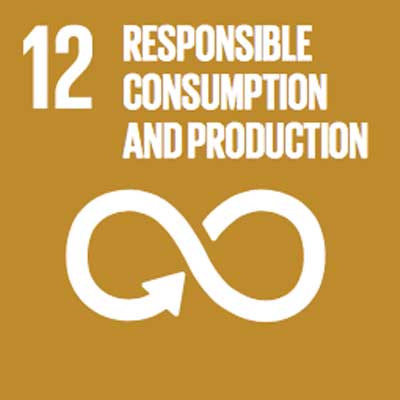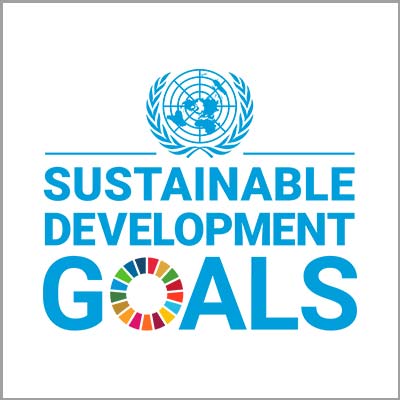Industry, innovation and infrastructure
Industry, innovation and infrastructure

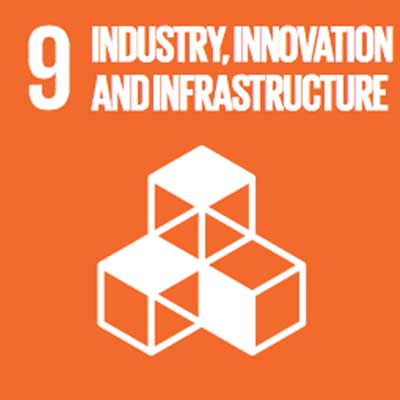
Industry, innovation and infrastructure
Investments in infrastructure – transport, irrigation, energy and information and communication technology – are crucial to achieving sustainable development and empowering communities in many countries. It has long been recognized that growth in productivity and incomes, and improvements in health and education outcomes require investment in infrastructure
Manufacturing is an important driver of economic development and employment. At the current time, however, manufacturing value added per capita is only US$100 in the least developed countries compared to over US$4,500 in Europe and Northern America. Another important factor to consider is the emission of Carbon Dioxide during manufacturing processes. Emissions have decreased over the past decade in many countries but the pace of decline has not been even around the world.
Technological progress is the foundation of efforts to achieve environmental objectives, such as increased resource and energy-efficiency. Without technology and innovation, industrialization will not happen, and without industrialization, development will not happen. There needs to be more investments in high-tech products that dominate the manufacturing productions to increase efficiency and a focus on mobile cellular services that increase connections between people.
Develop quality, reliable, sustainable and resilient infrastructure, including regional and transborder infrastructure, to support economic development and human well-being, with a focus on affordable and equitable access for all.
Promote inclusive and sustainable industrialization and, by 2030, significantly raise industry’s share of employment and gross domestic product, in line with national circumstances, and double its share in least developed countries.
Increase the access of small-scale industrial and other enterprises, in particular in developing countries, to financial services, including affordable credit, and their integration into value chains and markets.
By 2030, upgrade infrastructure and retrofit industries to make them sustainable, with increased resource-use efficiency and greater adoption of clean and environmentally sound technologies and industrial processes, with all countries taking action in accordance with their respective capabilities.
Enhance scientific research, upgrade the technological capabilities of industrial sectors in all countries, in particular developing countries, including, by 2030, encouraging innovation and substantially increasing the number of research and development workers per 1 million people and public and private research and development spending.
Facilitate sustainable and resilient infrastructure development in developing countries through enhanced financial, technological and technical support to African countries, least developed countries, landlocked developing countries and small island developing States 18.
Support domestic technology development, research and innovation in developing countries, including by ensuring a conducive policy environment for, inter alia, industrial diversification and value addition to commodities.
Significantly increase access to information and communications technology and strive to provide universal and affordable access to the Internet in least developed countries by 2020.













